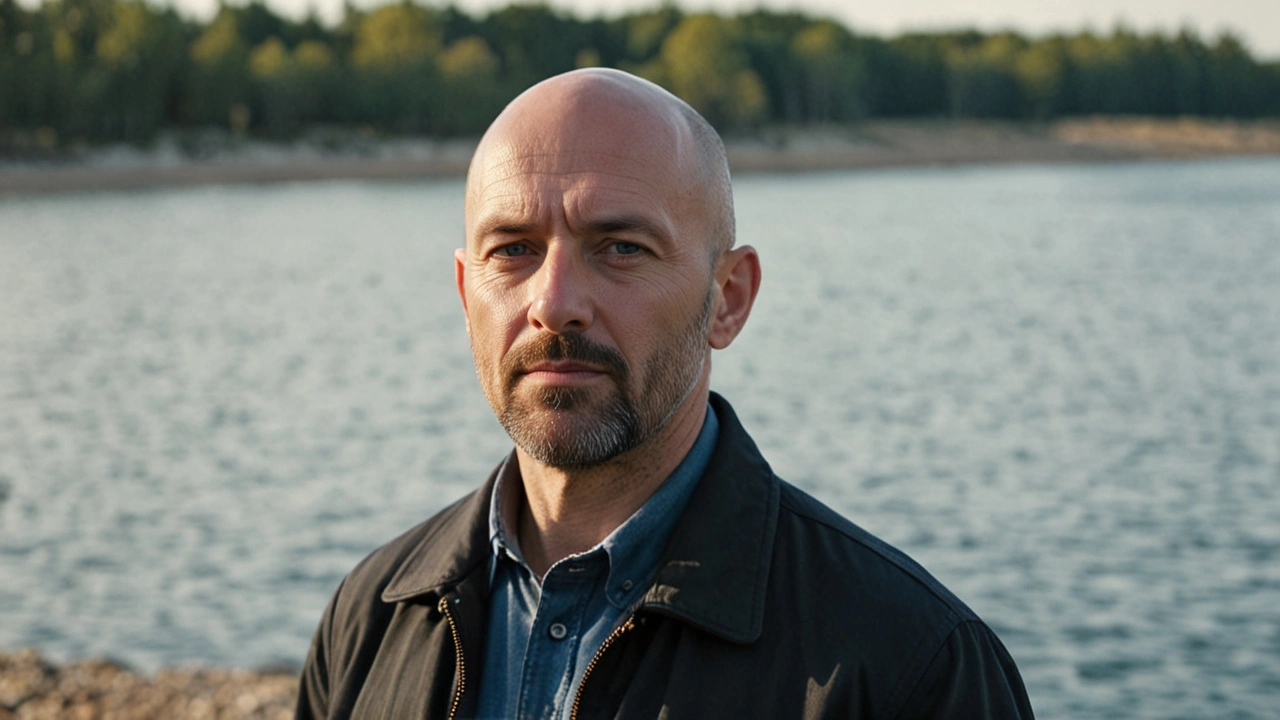Police Trust: Why It Matters and How We Can Restore It
Trust in the police is a big deal. When people don’t believe the police will protect them or act fairly, it hurts the whole community. Crime rates may rise, people might not report crimes, and cooperation between citizens and law enforcement breaks down. So, how do we get that trust back? It starts with understanding what police trust really means and why it’s so crucial for safety and justice.
What Is Police Trust and Why Should You Care?
Police trust means people believe the police will do their job honestly, protect everyone equally, and respect rights. It’s not just about being safe; it’s about feeling supported and confident the police will be fair. Without trust, communities can feel divided, with people fearing those who are supposed to help them. This mistrust can lead to less cooperation, making it harder for police to solve crimes or prevent problems.
Think about it — if someone sees police officers taking shortcuts or treating people unfairly, they’ll hesitate to call for help or report dangers. But when officers show respect, transparency, and fairness, people notice it. They feel safer, and that encourages more open communication, which is key to solving issues fast.
How Police and Communities Can Work Together
Building police trust isn’t a one-way street. It takes effort from both the police and the community. Police departments that engage with locals outside of emergencies—like attending community meetings, youth programs, or neighborhood events—show they care about more than just fighting crime. This makes officers more approachable and relatable.
Accountability also matters a lot. When police officers are held responsible for their actions, it sends a clear message that nobody is above the law. Communities want to see transparency in investigations and fair treatment for everyone. This openness helps squash rumors and builds understanding.
At the same time, communities can support trust by staying involved and knowing their rights. Educating residents about police procedures or how to handle encounters can reduce fear and confusion. When people know what to expect, it’s easier to build respect on both sides.
Lastly, training for officers on cultural awareness and communication skills plays a big role. It helps them handle situations calmly and respectfully, which lowers tensions and prevents conflicts from escalating.
Police trust isn’t rebuilt overnight, but small changes and honest efforts can make a huge difference. It affects everyone’s safety and well-being. So next time you see your local officers, think about how trust shapes your community’s future and what changes could bring it closer together.
New Police Minister Examines Tough Challenges Amid Crime Combat and Trust Restoration
New Police Minister Senzo Mchunu recently met with the police's top brass to discuss the considerable challenges in combatting crime. This meeting highlights a significant step towards addressing the issues faced by the force. Mchunu's appointment offers a fresh perspective, with key tasks including rebuilding public trust and addressing operational effectiveness and resources.

